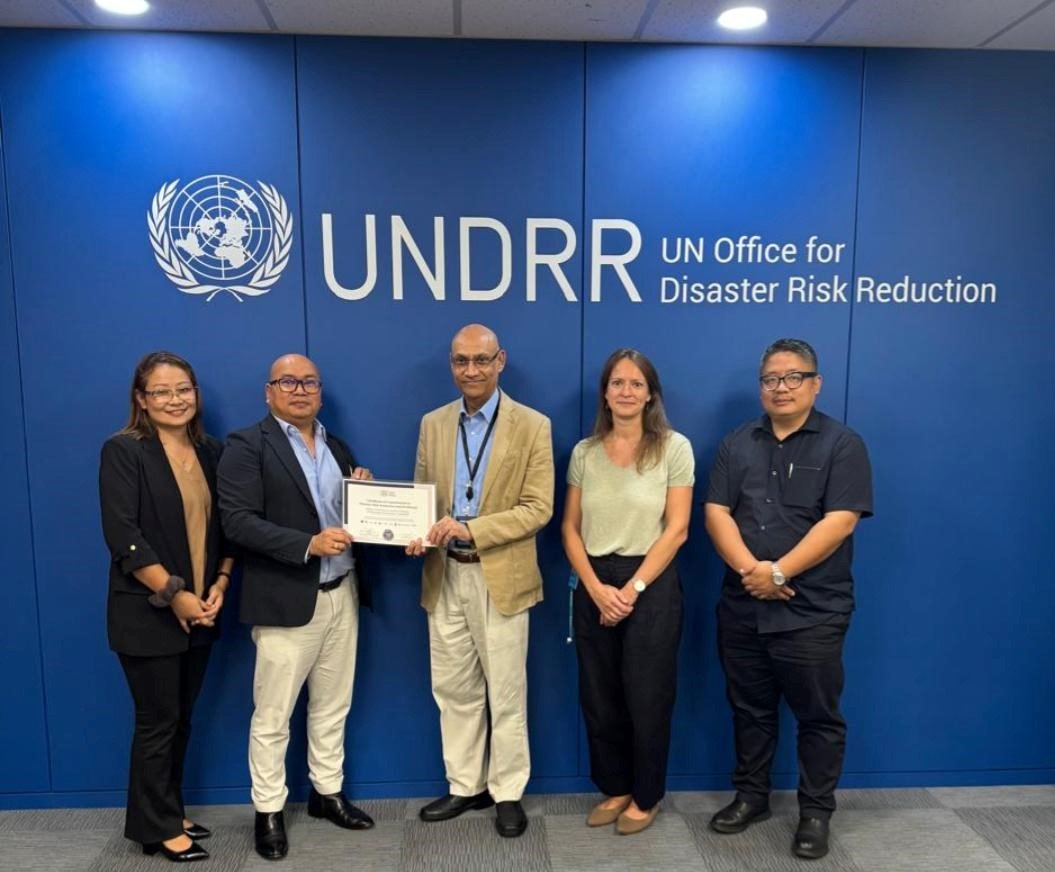The Government of Nagaland has announced that the State has joined the United Nations Office for Disaster Risk Reduction (UNDRR) flagship initiative, Making Cities Resilient 2030 (MCR2030)—a global partnership dedicated to strengthening urban resilience and reducing disaster risks.
“Nagaland’s decision marks a significant milestone in the State’s commitment to safeguarding its cities and communities against increasing climate-induced and geophysical hazards, including extreme rainfall, flash floods, landslides, earthquakes, and rapid urban expansion in vulnerable hill terrains,” stated a press release issued by the Additional Secretary to the Government of Nagaland.
By joining MCR2030, Nagaland becomes part of a global network of over 1,300 cities worldwide working to advance disaster risk reduction and meet the goals of the Sendai Framework for Disaster Risk Reduction 2015–2030, Sustainable Development Goal 11 (Sustainable Cities and Communities), and India’s national disaster management priorities.
The Initiative will support the State in:
-Enhancing multi-hazard early warning systems and predictive risk intelligence
-Improving risk-sensitive urban planning and land-use governance
-Building technical and institutional capacities within Urban Local Bodies (ULBs)
-Facilitating resilience scorecards, audits, and city resilience strategies
-Developing climate-resilient infrastructure aligned with international standards
-Strengthening coordination among State departments, local authorities, and communities
Welcoming Nagaland’s entry into the MCR2030 platform, the Government stated, “Nagaland’s urban centres are expanding rapidly, and the State is highly exposed to landslides, rainfall extremes, and other climate-related risks. Joining MCR2030 will significantly improve preparedness, strengthen governance, and equip our cities with global tools and best practices. This step reflects our firm commitment to building a safer, resilient, and sustainable Nagaland for future generations.”
Download Nagaland Tribune app on Google Play

Benefits for Key Urban Centres: The participation will enable cities and towns of Nagaland to undertake structured resilience assessments and implement targeted interventions.
These include:
-Urban drainage management.
-Hill slope stabilization and landslide mitigation.
-Improved solid waste and storm-water systems.
-Resilient road and transport planning.
-Strengthened emergency response and community preparedness.
-Integration of climate adaptation and green infrastructure solutions.
-Creating green corridor avenues in the Towns.
-Access to Global Partnerships & Climate Finance
As part of the MCR2030 network, Nagaland will have opportunities to collaborate with:
-UN agencies
-Global resilience hubs
-Research institutions
-Technical experts
-Development partners and international donors
This positions Nagaland to explore climate finance, risk-transfer mechanisms, and innovative funding models for resilient urban development.
A Future-Ready, Resilient Nagaland
Joining MCR2030 strengthens Nagaland’s vision of creating safe, inclusive, sustainable, and future-ready cities, while elevating the State as a resilience leader among hill states in India and the Northeast region.
The Government of Nagaland has expressed its appreciation to UNDRR and all stakeholders who will support the transformative initiative especially the department of Municipal Affairs.

